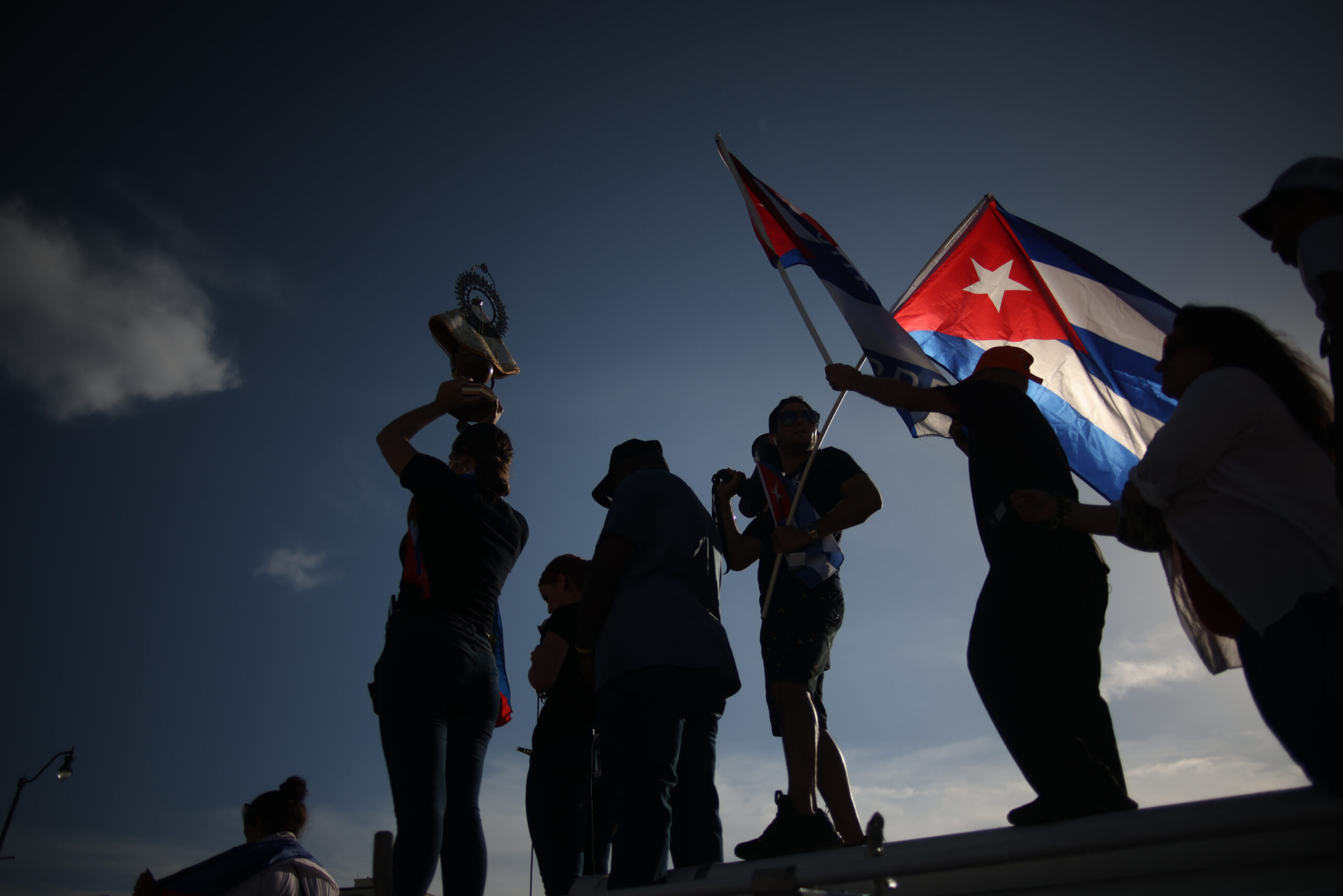Cuba-US Tensions Escalate: Diplomat Expulsion Looms

Cuba’s possible expulsion of U.S. diplomat Mike Hammer could mark a dangerous escalation in U.S.-Cuban tensions.
At a Glance
- Cuba accuses Hammer of meddling, citing his interactions with dissidents.
- Hammer’s actions allegedly violate diplomatic conventions.
- The U.S. State Department defends Hammer’s role in promoting accountability.
- Cuban officials assert their commitment to resisting U.S. provocations.
- Economic hardships in Cuba exacerbate the tension, blamed mainly on the U.S. embargo.
Accusations of Meddling
In a sharp rebuke, Cuba’s foreign ministry issued a verbal warning to U.S. Chief of Mission Mike Hammer. They accused him of “interventionist” activities by mingling with communities and encouraging dissent against Cuban authorities. Such activities are perceived to violate international diplomatic norms as per the Vienna Convention. Cuba claims these interventions aim to incite unrest within its borders, arguing this could destabilize the national order.
This isn’t a mere diplomatic scuffle. Fernández de Cossío, Deputy Foreign Minister of Cuba, went as far as labeling Hammer a “subversive agent.” The charge arises from Hammer’s frequent travels across Cuba and outreach to local dissidents. For Cuba, these actions symbolize an intent to disrupt internal stability. Despite these severe allegations, Cuban authorities haven’t restricted Hammer’s travel or initiated his expulsion yet.
Cuban Perspective
Cuban Deputy Foreign Minister Carlos Fernández de Cossío remarked upon these tensions, expressing skepticism about the U.S.’s willingness to genuinely dialogue. Instead, he suggested these “meddling strategies” reflect broader policies of pressure championed by the Trump administration, especially after Cuba’s added label of a State Sponsor of Terrorism. This reinstatement by Trump remains a thorn, complicating Cuban-U.S. relations further.
“Cuban Deputy Foreign Minister Carlos Fernández de Cossío on Wednesday said that the communist regime has not ruled out expelling the head of the U.S. embassy in Havana, Mike Hammer, who they recently accused of being a “subversive agent.”” – Cuban Deputy Foreign Minister Carlos Fernández de Cossío –
Cuba’s economic strain only heightens the scenario. With blame resting heavily on the U.S. embargo, the communist government asserts that policies like Hammer’s engagements aren’t about diplomacy—they are a power play against Cuba’s sovereignty. The U.S. embassy, however, has doubled down on its commitment to interact with Cuban citizens, religious leaders, and local dissidents. They aim to unveil alleged Cuban government influences.
U.S. Response and Prospective Moves
The U.S. Department of State has stood its ground, backing Hammer’s endeavors as crucial to an “America First” foreign policy. This aims at holding Cuba accountable for its influence across the Americas. Conflating diplomacy with interventionism, the U.S. remains adamant that its diplomatic missions maintain engagement with Cuban patriots critical to democracy and freedom.
Despite looming threats of expulsion, Hammer’s stated objectives inherently confront Cuba’s standpoint. With Trump-era measures still casting shadows, Cuban officials brace themselves for potential confrontational policies. They anticipate and prepare for the continuation of pressure tactics as Trump reasserts influence, backed by anti-Cuban factions in the U.S.












